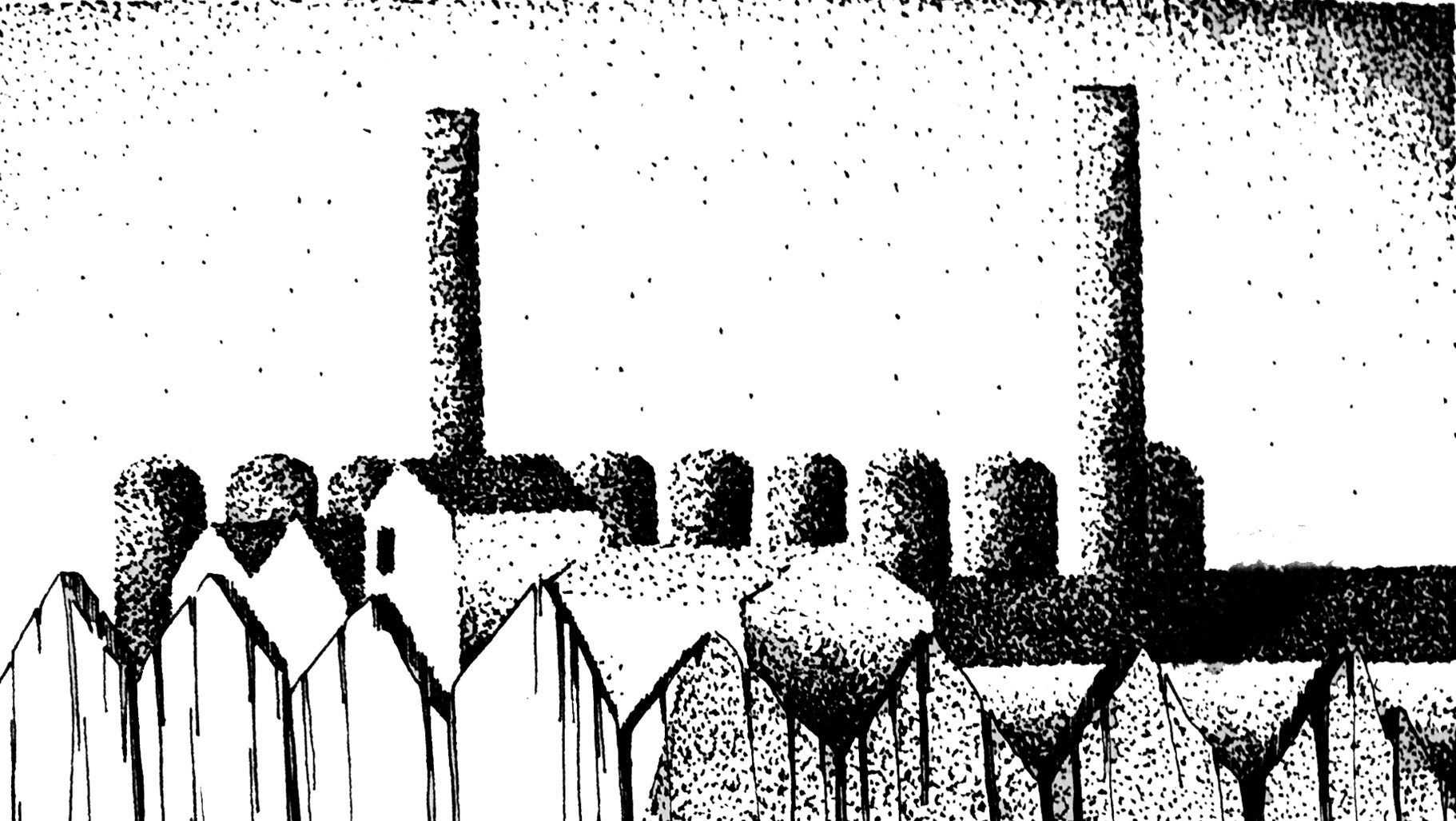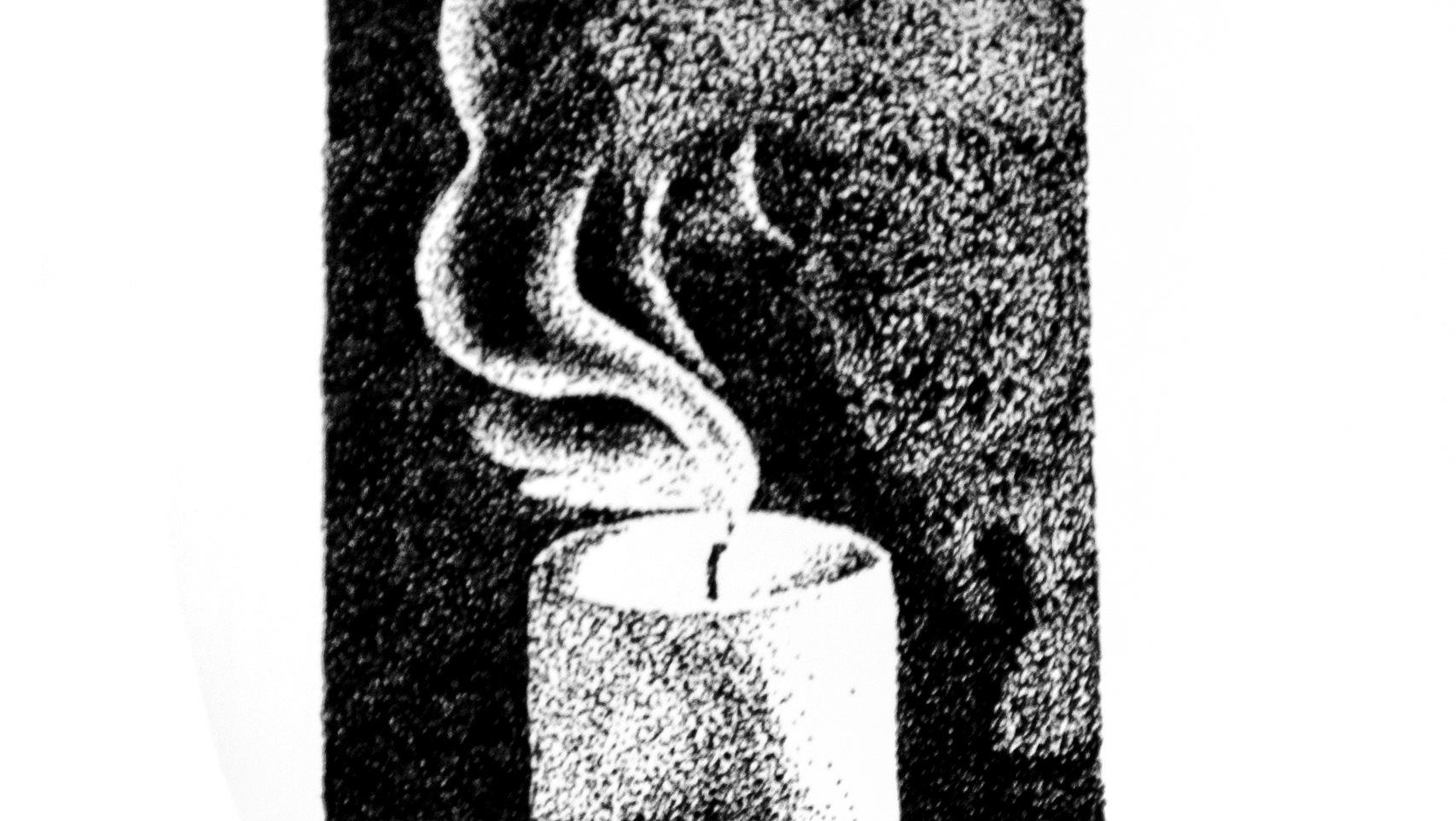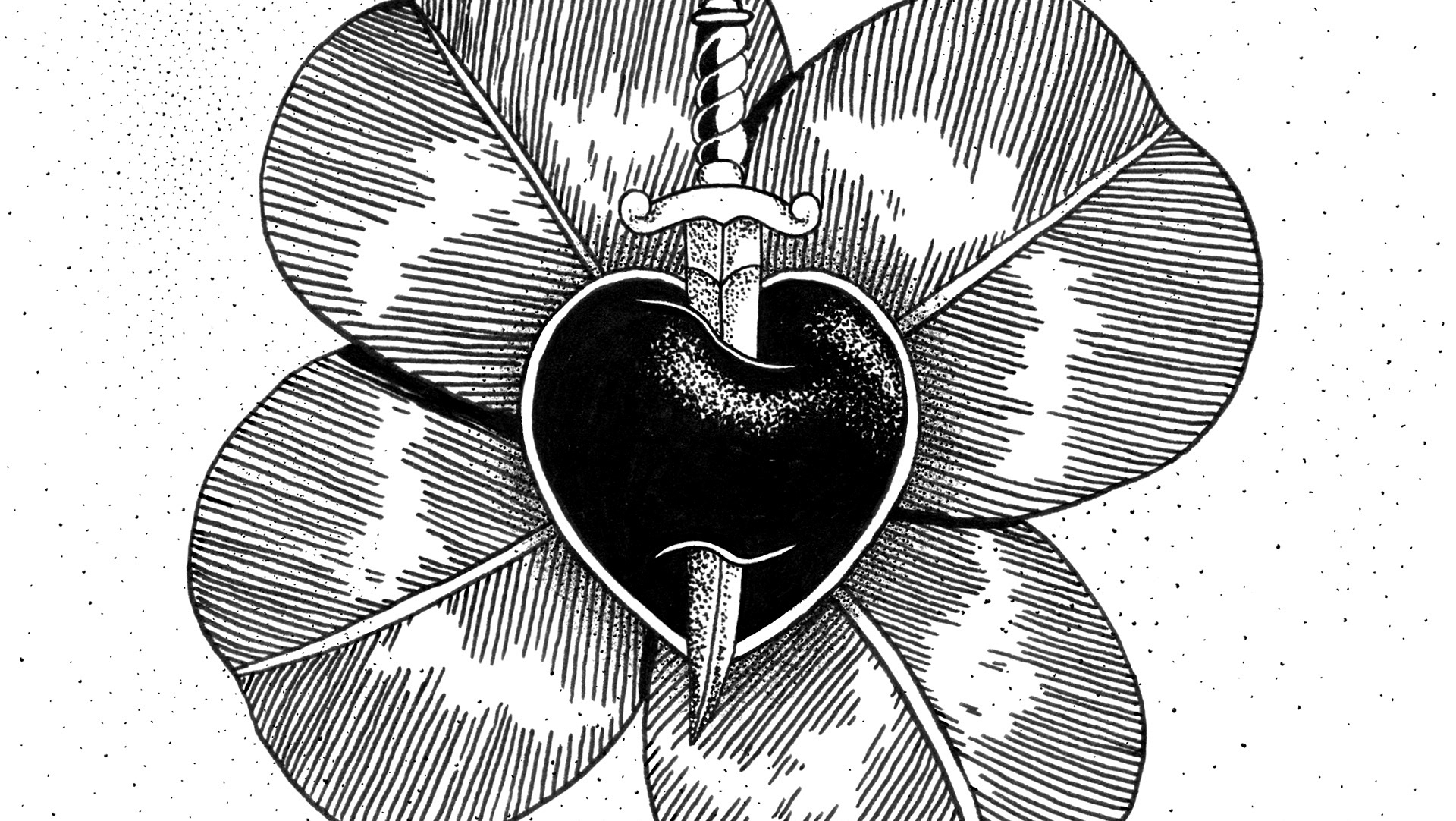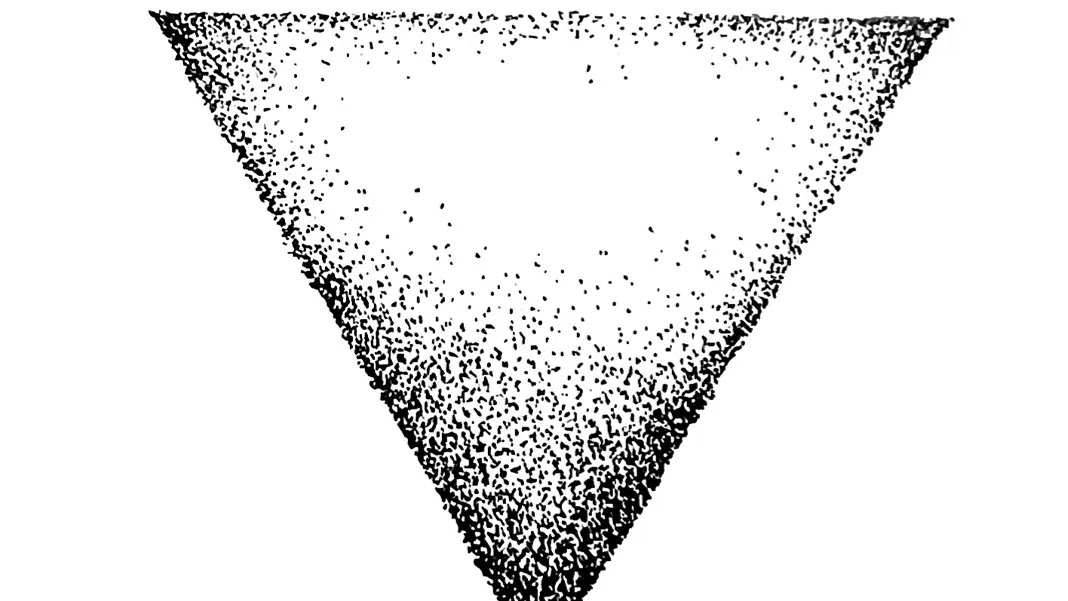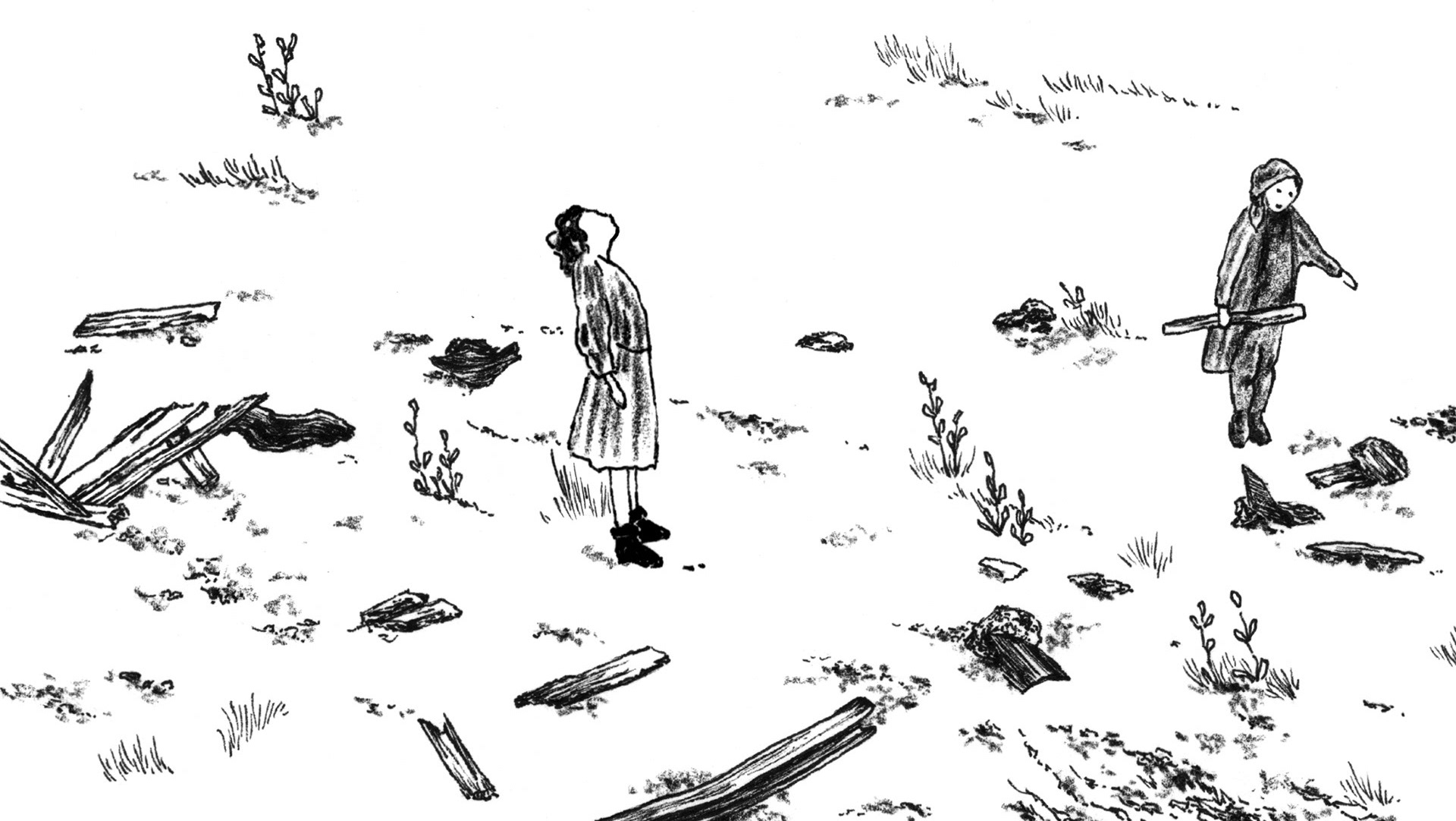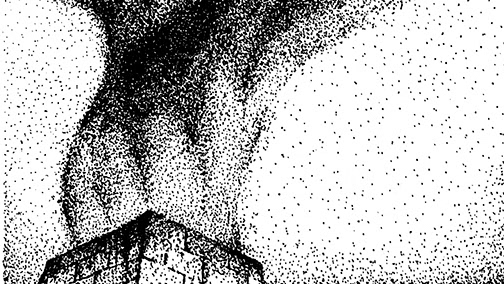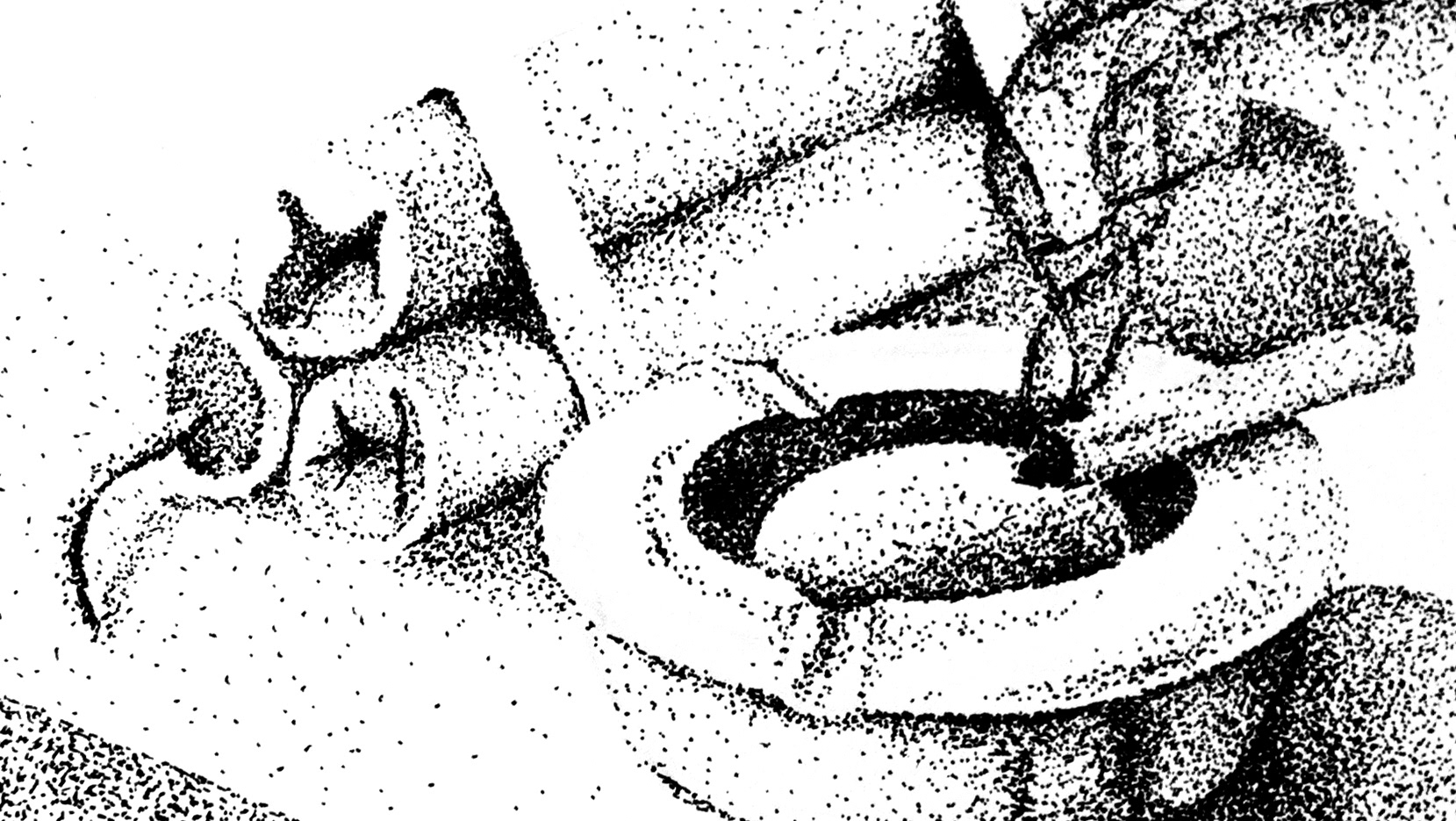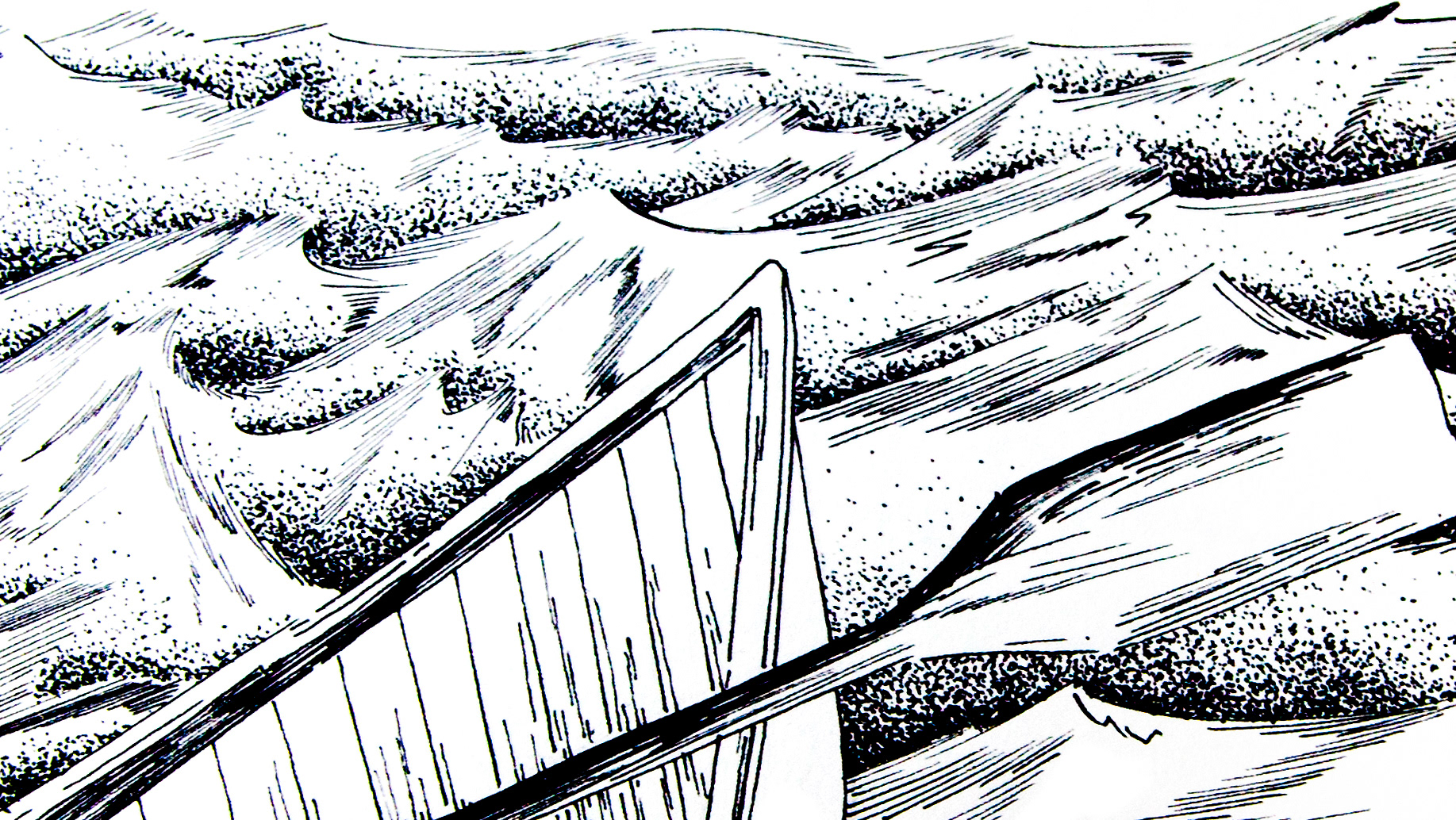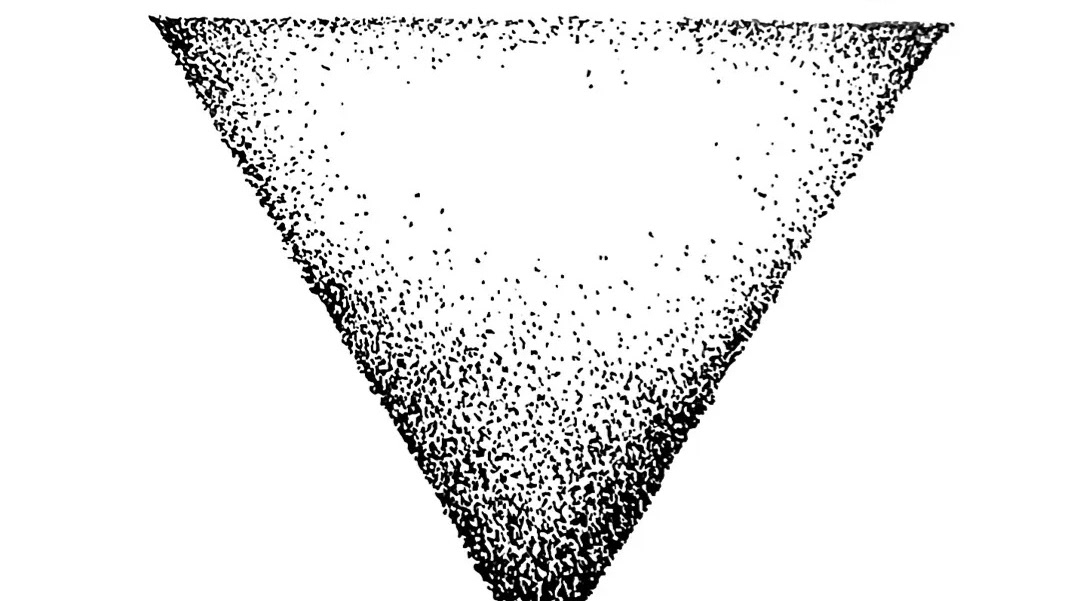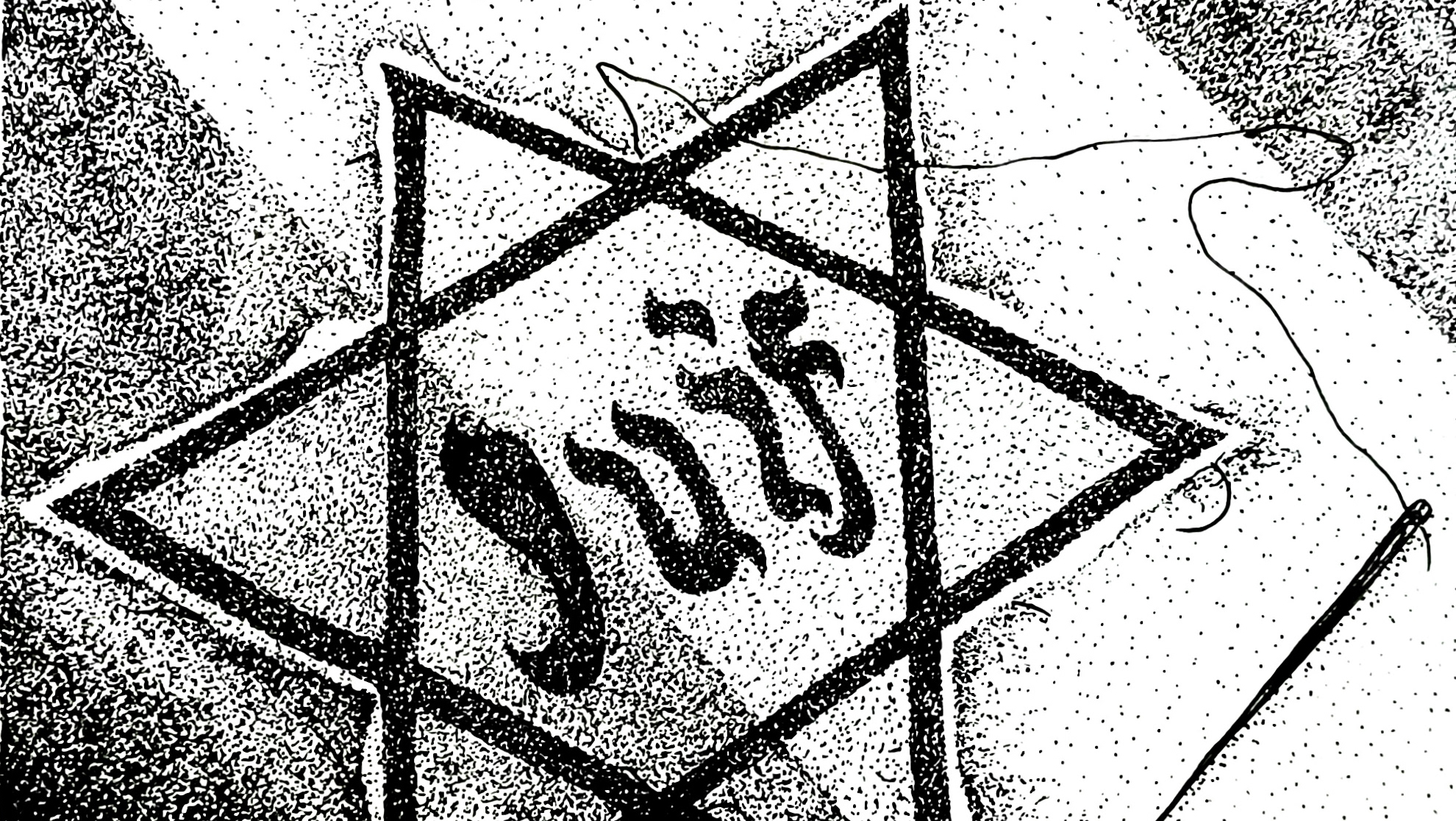Illustration by Marion Lefebvre
Today is a day in December 1943, and Charlotte Delbo hears that Claudette Bloch knows the imaginary invalid play almost entirely by heart.
Charlotte opens her eyes again, after months of thirst, hunger and tiredness. She breathes, fills new air in her lungs, as if to start over.
She suggests they all recreate the play. A one time only representation of the Malade Imaginaire by Moliere in Auschwitz-Birkenau.
This is madness. All the women accept immediately.
Back in 1940, France was losing the war, everyone was escaping the german army, heading South. Charlotte left the theater where she was working as an assistant to the director. But it felt silly to run away, so she came back to Paris. She found her theater, the Athenee, abandoned, empty, silent, like the city of Paris itself. Charlotte opened it up all by herself. When the director, Louis Jouvet, and the troup came back, the theater was ready for them.
But Louis Jouvet couldn't accept the censorship, the restrictions, so Charlotte prepared a move. The entire troup was to relocate to Argentina, Buenos Aires, there they could keep on playing, without restrictions. Yet this meant leaving France, leaving Georges Dudach, Charlotte's husband.
Charlotte was told it would be best for her to stay in Argentina, but it didn't feel right. One sunday, as she read the newspaper, la Razon, she came across a news story from France, Andre Woog had just been executed. He was a fridns of hers, a communist, the police found anti nazi leaflets in a room where he had been staying using a false identity. This was too much for Charlotte. She took a boat back to Portugal and joined her husband in Pau, on her way back to Paris. Together, they resisted, they did what felt right. Charlotte found the Athenee theater once more.
The police had been following them for months, as part of the Pican Cadras investigation. When the policemen came to their apartment on the 2nd of March 1942, neither Charlotte or Georges had time to escape, but they managed to help Pierre Villon escape. In prison, when Marie-Claude heard that story, she knew she owed Charlotte an incredible debt. Pierre Villon was Marie-Claude's lover.
Charlotte would have died numerous times if it wasn't for the women around her. They helped her stand, they traded their food for water and gave it to her when she was going mad with thirst, they prevented her to enter the Revier when she caught typhus, and she got a place at Raisko, even though she had no experience whatsoever in chemistry. Surviving alone is almost impossible.
Thanks to her time in Raisko, Charlotte regained her strength. With their free time, the women started talking less and less about their thirst, their hunger, their pain, more about their wishes. No one really wished to talk about their families, those they left behind, those who died, it was too painful. Charlotte too refused to talk about Georges, maybe she will write about him one day she said. Instead, they started talking about the books they had read before their deportation. Then, all from memory, they told the stories out loud to each other, like little shows.And now Charlotte suggests a whole play. She believes a play would help everyone regain their hope, and the 31000 all agree immediately.
Charlotte would direct the play, Claudette would write it all down, on toilet paper if she has to. Cecile Charrua would saw costumes with their striped clothes, Carmen would look for props, Lulu would play the main role, Eva would draw the poster.
Isn't it too much? A poster, even? Wouldn't everyone know already about the play, it all happens in the same dormitory after all? Of course, a poster is indispensable, so are costumes and props. It is a play, it wouldn't be a play without all those things.
They rehearse for an hour every day after work and on sunday. The guards wouldn't let them go along with this play, so the 31000 prepare everything in secret. Charlotte uses her experience in acting, she knows what a posture can reveal, how a person stands when she isn't paying attention. A guard in particular is in love with a SS, she isn't as attentive as the other guards, the 31000 manage to smuggle a lot of food and props thanks to her carelessness.
The play begins, the room is full with the french and polish prisoners. Charlotte finds the Athenee once more
For 2 hours, the women act, the other watch and listen. For 2 hours, they look and think about le malade imaginaire, rather than the deaths, the massacres, the smoke, the shadows, the crematoriums. For 2 hours, they are transported someplace else. Imagination is back, so is hope, thanks to Charlotte Dudache Delbo and her will. But Charlotte knows she wouldn't be here without the help of the others.
Now, what next?
Charlotte doesn't know.
The women are listening.
Until she does know, let's prepare for the new year’s celebrations.
All the women accept.
Notes
Thank you for listening to this episode of 31000/45000, the story of 2 trains of french members of the resistance. My name is Matthieu Landour Engel.
This episode is about Charlotte Delbo, a fantastic writer, her work is masterful, soul shattering, reading her is a difficult travel yet I would advise everyone to read her.
Her writing almost makes you feel with her and her friends, for a slight moment, but she also put the necessary distance between us, the readers, and them, who went through the worst, the absolute worst. As an example, she way Charlotte describes thirst in the camp is raw, terrifying, it feels deeply close to you, yet so desperately far at the same time. She manages to brings beauty in the everyday horror, she brought the impossible to Auschwitz-Birkenau, she brought poetry.
I exaggerated when I said that Charlotte Delbo organised Louis Jouvet’s move to Argentina on her own, Jeanne Mathieu and Charlotte Delbo did. I also made a few assumptions, I assumed that for a moment, as they were playing and the other prisoners were watching the play, that the prisoners forgot for a moment where they were. I can't prove that, maybe you can never forget where you are in such a place.
This episode is difficult to explain, because I fear it sounds like life in Raisko was easy and there was no danger surrounding the 31000 whatsoever. Life was easier, a lot easier than in Birkenau, but it was dangerous, violence and death was still around. Germaine Pican for example was expelled from Raisko for hiding vegetables, luckily she was sent to the 31000 quarantine a few weeks after. The presence of Irma Grese, a german guard, known for her cruelty, also made the 31000’s lives still dangerous. So creating a play, from scratch, was not only absurd, considering the energy it took and where they were, it was also still fairly dangerous. It was also necessary, the creative process of recreating a play gave them hope, and energy.
Now the play they made, the imaginary invalid or the hypochondriac, by Moliere, is a 3 act comedy. It tells the story of Argan, a hypochondriac man. He simulates his death, thus observing the reactions of his greedy wife, his loving daughter and the doctors around him. It is a play which mocks doctors and pokes fun at death. it was Moliere’s last play, he died on the 4th representation, in 1673. Moliere is a famous french playwright, often regarded as the biggest french playwright, so much actually that the french language is itself referred as Moliere’s language. Examples of his work are Tartuffe, Don Juan, the misanthrope, the miser, the bourgeois gentleman, the learned ladies, the impostures of Scapin, and many many more, he was a very prolific author.
I will make another episode about Charlotte Delbo towards the end of this project.
I have been trying to find Charlotte Delbo’s relatives, unfortunately, my research was unsuccessful. If by any chance, you know of someone related to her please let me know, I would be very pleased to get in touch and make sure the text I wrote doesn’t contain any errors.
My sources for this story mostly come from le convoi du 24 janvier by Charlotte Delbo, the Maitron website, and the fantastic website auschwitz.org. I would also like to mention the book Charlotte Delbo by Violaine Gelly and Paul Gradvohl, as well as the work of Claude Alice Peyrottes.
Thank you very much for listening, the next episode will be about Louis Brunet and the movie theater
discussion sur Charlotte Delbo et son oeuvre
